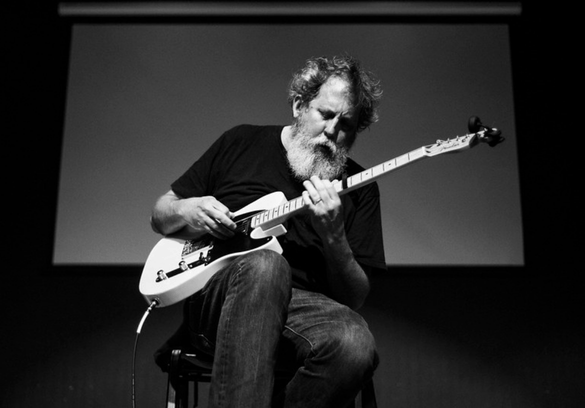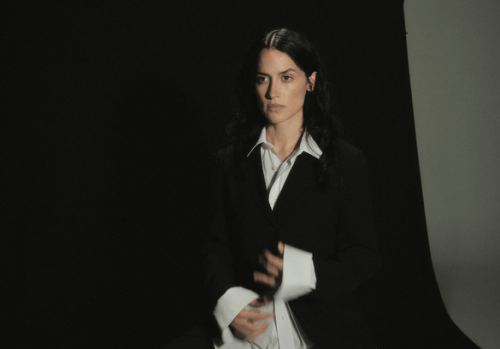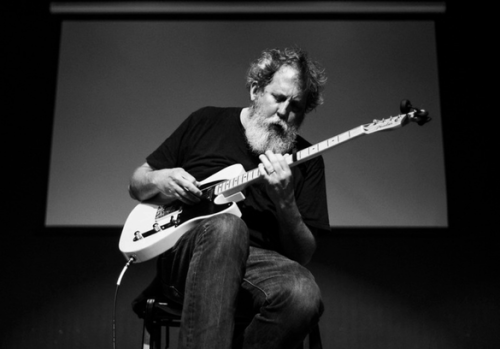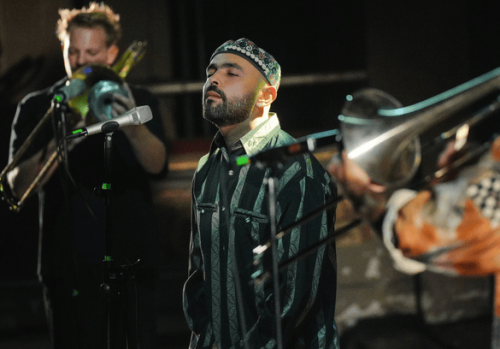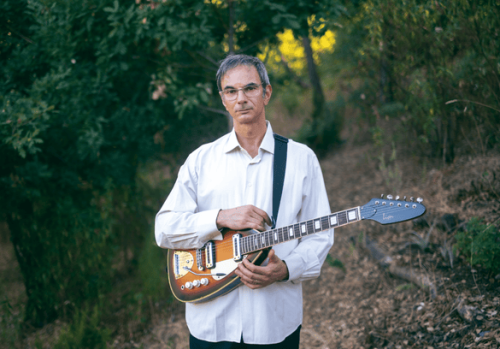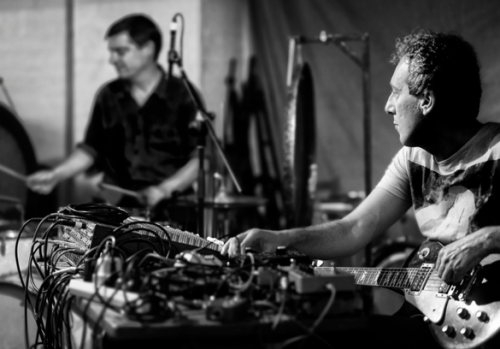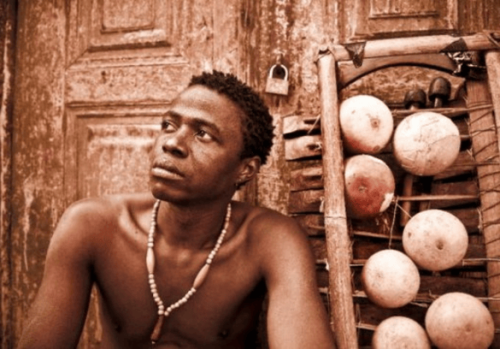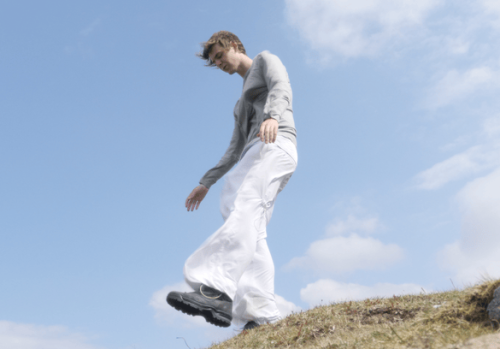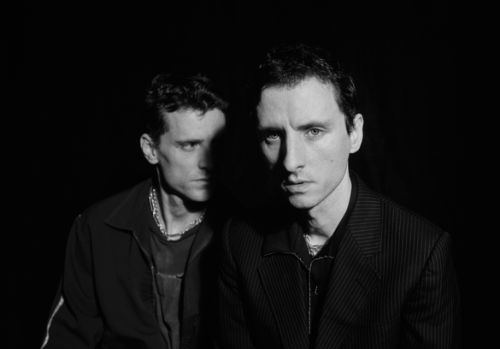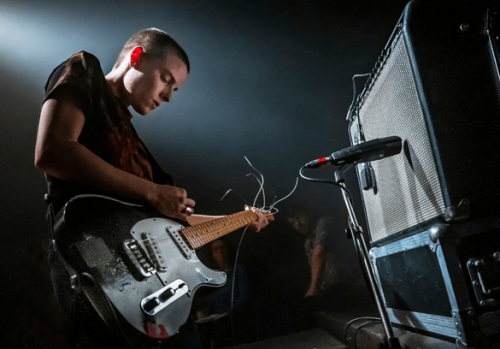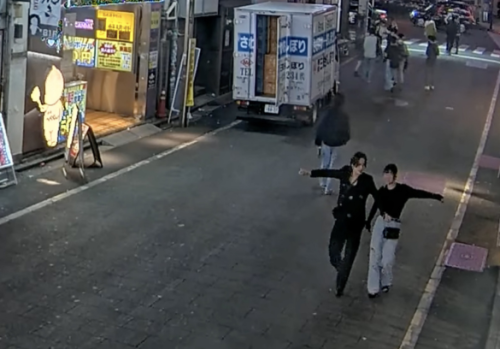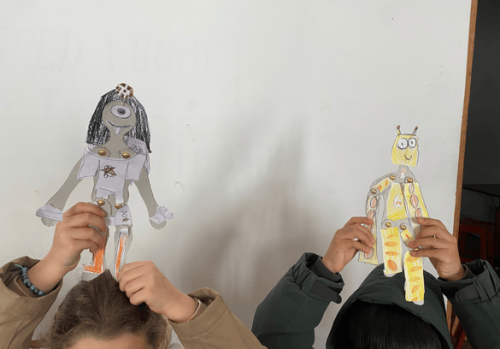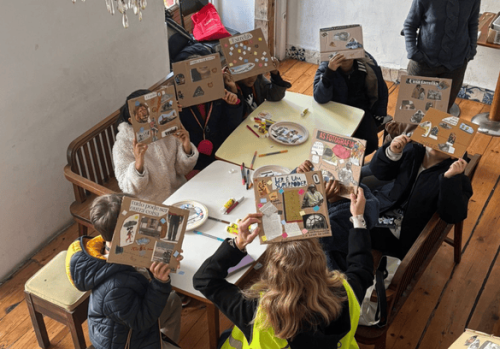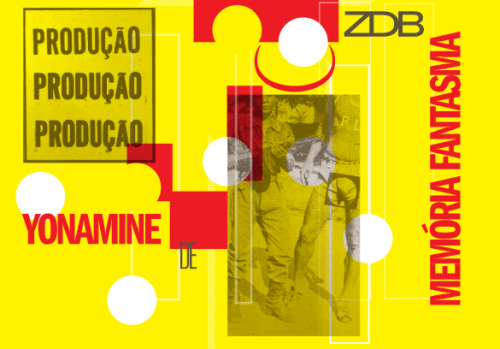Reappearing with the acoustic screech of ‘A New Way to Pay Old Debts’ coming from nowhere after a 12-year silence following the dissolution of Harry Pussy in 1997, Bill Orcutt has since been churning out a generous and forceful body of work with unwavering faith. From that wild period in the 1990s alongside Adris Hoyos, disrupting the canons of rock to arrive at an electrified vortex that was and was not simultaneously blues, noise, free jazz, or punk, Orcutt followed the natural progression of age with that drive, nerve, and intuition to arrive at new forms—to settle scores with the past? A past that he himself recognizes and admires with total impunity and passionate knowledge, from the primordial blues of Robert Johnson or Mississippi Fred McDowell and its skewed sequence in John Fahey’s American Primitive, from the more lyrical jazz of Jim Hall to the infinite fire of Sonny Sharrock to the absolute freedom of Derek Bailey or the twists and turns of Zoot Horn Rollo of the Magic Band – this, without leaving the guitar, as this map is obviously not limited to the instrument, and Glenn Gould, Albert Ayler, or Cecil Taylor could also be invoked. Because all this possible cartography fades and translates vividly into a language that is deeply his own. Truly, truly his own. A very rare case.
Initially discarding electricity to attack the four strings of a little Kay acoustic guitar in his solitary wanderings, stamped for eternity on albums such as ‘How the Thing Sings’, countless 7″ in his Palilalia, in the inquisitive and highly personal revisiting of the traditional American songbook in ‘A History of Every One’ or in the laid-back beauty of ‘Jump On It’, Orcutt has since expanded his expression with a return to the electric guitar, incendiary collaborations with names such as Chris Corsano and Michael Morley, and a handful of records recorded using software he developed himself called Cracked, which bring to life the minimalism of the Steve Reich/ Philip Glass school, starting from rock iconography in its most primitive state—Joey Ramone’s “1, 2, 3, 4, 5, 6” in ‘A Mechanical Joey’ and the opening riff of ‘Louie Louie’ in the Kingsmen’s version in ‘The Four Louie’—to turn it into hypnosis. Minimalism that also provided the theme for a celebrated guitar quartet with Ava Mendoza, Shane Parish, and Wendy Eisenberg – the performance on Tiny Desk is very revealing; tip – born from the encounter between this software and the guitar in ‘Music for Four Guitars’. Marking his return to the electric guitar in a more pronounced way after the beautiful and somewhat lo-fi ‘Gerty Loves Pussy’, the 2017 album of the same name once again manifests his obsession and questioning of the American popular repertoire through a reading that is both lyrical and thrilling. Passionate. A mark of a craft that is now continued with her creations on ‘Another Perfect Day’, captured with clarity and human warmth at Cafe OTO in London. As it should be for music that is always so heartfelt and revealing. Masterful.
BS




